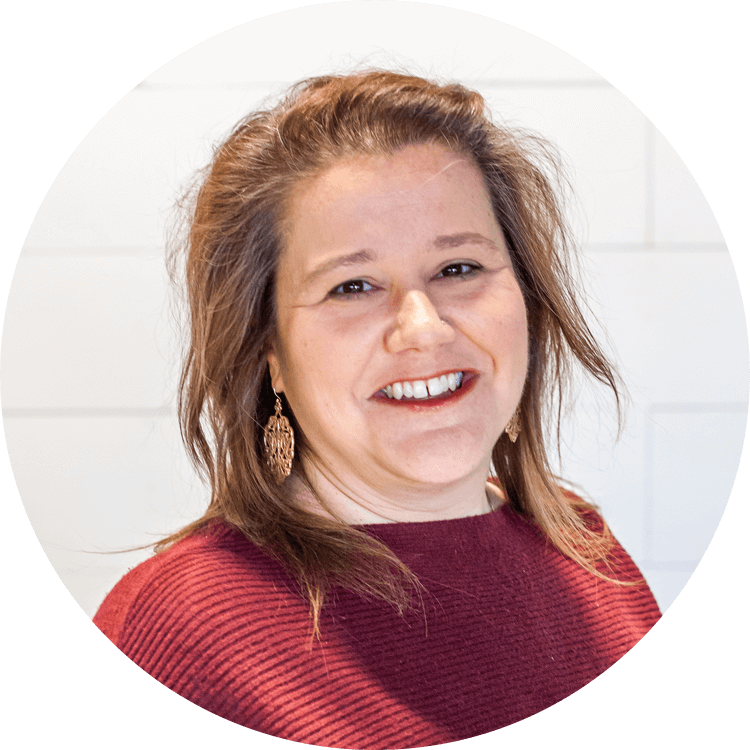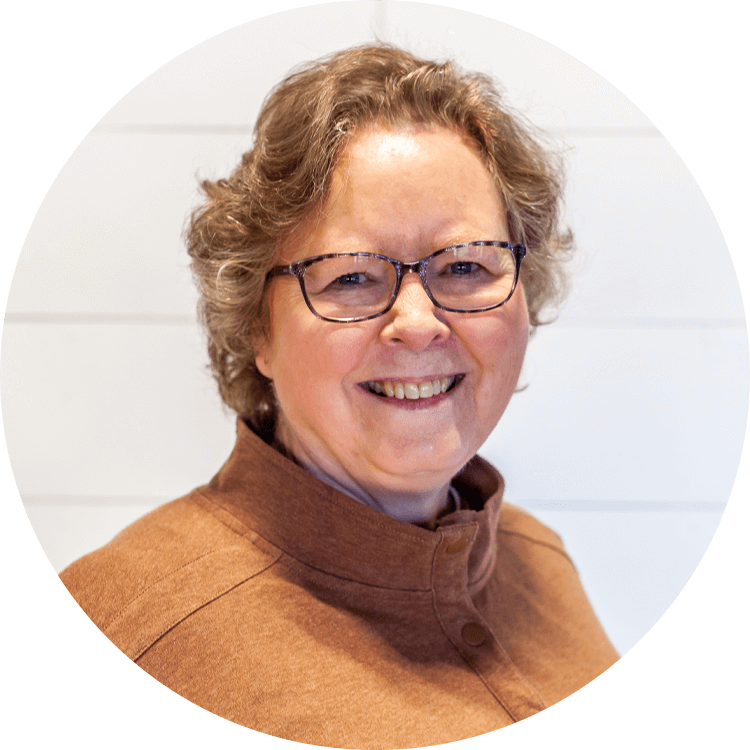Nearly 50 percent of marriages in the United States end in divorce, and that statistic does not appear to be dropping anytime soon. Through the darkness of divorce, however, there are some vital lessons every family can learn.
Divorce is a massive, heart breaking, and life changing process. I don’t recommend it to anyone, and yet the lessons I learned from it, I wouldn’t trade for the world. Though the situation is certainly not ideal, there are some jewels of wisdom that can be mined from the challenges that come along with the breakup of your family. But you don’t necessarily have to go through that pain to learn the lessons. Here are a few things I learned on the journey that every family can benefit from.
1. How you treat one another matters greatly.
When I sat and contemplated how my family got to this broken place, I couldn’t hide behind anything. The dirty laundry was public. It was clear to me and everyone else that something went wrong, even if no one really knew what it was. One big lesson came through an analogy of a garden. Your family is like a garden entrusted to your care. To grow healthy relationships, the soil in your garden needs to be free of toxins and have certain life giving nutrients for the fragile creatures growing in it. In fact, the family environment shapes our lives more than anything else. Much of what you learned in your family, socially programmed you and taught you what you know about the world.
For the first six years of your life you received this information, and this unique culture, without questioning it, and accepted it as normal reality. Is this a safe place? How do you interpret other people’s actions? How do you express your wants and needs? All these basic and largely subconscious methods of thinking were set up by your family of origin and affect you every day of your life. Therefore it is incredibly important to be intentional about the relational environment you create in your family. It’s quite an amazing little garden you have been entrusted with.
Another level of this realization occurred when I was sitting alone reading the book, Why Marriages Succeed or Fail by famed Dr. John Gottman. I had to face some realities that I had indulged in some unhealthy ways of relating. Sometimes it’s not just what is said, but how it’s said. The poisons of criticism and contempt had come in and caused stress on the fragile family relationships in the garden. Since then, I have learned a far better approach to nurturing my family with the life giving 5 A’s: Attention, Acceptance, Appreciation, Affection, and Allowing (learn more about the 5 A’s of relating here). The relational environment we create in our family garden determines not only the health of your own family now, but also greatly affects the health of your children’s future relationships.
2. Never put the children in the middle.
A friend of mine was recently sharing with me about a disagreement he and his wife were having, which ended up in front of and involving their daughter. It occurred to me that since he had not been through divorce, he didn’t have the same sensitivity to this value. What you may not realize is that this issue of not putting the children in the middle of adults’ disagreements is so big and has such far reaching effects, that even the state government requires a mandatory class on parenting your children through, and after, divorce. Unfortunately, this happens a lot in the divorce situation due to the conflict and dual households that children move between. But it may shock you to realize that it also happens in families who are not divorced. Anytime parents are having a disagreement and turn to the child or teenager to help settle it or participate in any way, they are putting the child in the middle, and it’s a place that no child wants to be. Keep your disagreement for adults only, and then present one united decision.
Somehow, in the midst of frustration and conflict, we sometimes forget that children and teenagers do not possess the fully formed cognitive skills of adults. So when we put them in the middle, they feel anxious and don’t know what to do. They don’t possess the ability to understand all that is going on, nor can they verbally stand up and tell adults that they need to be the adults. There’s a bonus lesson: adults need to be the adults.
3. Embracing change will help you for life.
Divorce changes your life forever and introduces some new and difficult challenges. You have to learn to adapt or you will lead a very frustrated existence. If there’s one thing in life you can count on, it’s that life moves on and continues to change. Those who do not adapt well to change are crippled in life, in work, and in relationships. Children in the divorce situation have to adapt to living in two households, which have different cultures and often operate by different rules, and still know that they are loved.
Not all adults, nor children, make the adjustments well. But for those who do, the benefit of this increased flexibility in life has payoffs in all sorts of ways, including job changes, technology changes, and cultural changes. They will be the leaders of the future who are chosen to lead their peers through change. Whether you have been through divorce or not, teach your children how to embrace change, and you will be not only helping them but future generations.
4. We all need each other.
While the family is the primary relational hub for us, our relationships expand outward. I like to think of my relational web in the shape of a spider web. Our relational web acts like a safety net during the storms of life. When I was in the free fall of divorce, and the massive changes that took place, the safety net of my relationships helped break that fall. I know of many people who have pulled themselves out of joblessness and become very successful, entirely from the strength of their social network.
The fact is, we are social beings and we need each other. The sooner we realize and prioritize this fact, the better. I continually encourage people to build their relational skills, and increase the quality and quantity of their relationships. This is what I call building relational wealth. My safety net saved my life in my dark days. I feared being alone, but friends were there for me. Since then, I have realized that these relationships were not just for insurance for the tough times, but also for the enjoyment of life in the now.
ave you been through divorce. What are some lessons you’ve learned?









